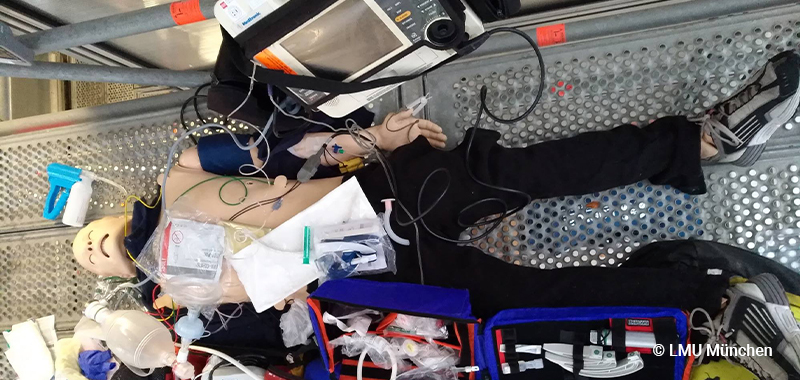
“We imagine a world in which the vast majority of people wake up every day inspired, feel safe wherever they are and end the day fulfilled by the work they do” (Simon Sinek).
The more we try to understand our specific needs as human beings and not less as healthcare workers the more we will recognize that we are driven by a desire for continuous growth.
Growth, but also Change is an ongoing process in the field of emergency medicine. In this area we cannot choose the game, but we can choose how we play with the courage to lead.
In alignment with the thoughts above, we are proud to present the following ideas.
The intention behind the EU Erasmus+ project SAFETY is to think differently and to challenge the status quo. To this end, an international team with profound knowhow and experience in emergency medicine is working on two main aspects. First, we are putting strong efforts in understanding the needs of students, physicians, paramedics, and all healthcare workers in the field of emergency medicine. On the other hand, a similar emphasis is put on professional values like safety in treating emergency patients, confidence in leading an emergency team and strengthening communication during an emergency.
Once this step is completed, an innovative curriculum and course will be developed, to help address exactly these gaps. In this vision, the SAFETY project is very much congruent with the mission and vision of one of the project’s associated partners, the Society for Simulation in Europe SESAM. Also addressing the whole of the European healthcare workforce, SESAM is envisioning “improved healthcare through simulation. Enabling safe, patient-centered care delivered by a competent and confident healthcare workforce in a well-functioning healthcare system”
Reaching such a goal may seem ambitious and far point to reach. It is through a stepwise approach like this project that even the farthest goal can be achieved, as in the famous and ancient wisdom by Lao-Tzu, that even the longest journey starts with the first step.
In line with this subsidiary approach, we propose a closer look at the current organization of the Rescue and Emergency Services in Germany.
Germany being a federal republic, organization of rescue services is being delegated to the authority of the federal states (Länder). Thus, although there are some general rules and federal legislation across the country, many details of the way a rescue service is organized, up to the exact contents of the curricula of EMTs, are different across the federal states. Generally speaking, rescue services are provided by EMTs of varying education degrees, starting with a rather short education of 320 hours of combined theory and practical elements up to a three-year degree that was just recently established. Due to this recent reform, making a three-year curriculum comprising theoretical and practical parts mandatory for the highest level of EMT (Notfallsanitäter) the necessity for simulation-based education in this area has risen even more.
Regarding doctors, as in Germany there is no medical specialty for emergency medicine, doctors working in the emergency services are required to be on consultant level in their respective specialty (usually anesthesia, surgery, or internal medicine) and to take an additional, 80-hour course as well as accompany an experienced emergency physician on 50 missions. Due to recent developments, most federal states adopted a reform allowing for 25 of those 50 missions to be completed through simulation.
This goes to show the great need for simulation-based education on all levels of the emergency and rescue system, an area where the SAFETY project will bring a consistent step forward. In this complex system with a great regional diversity implementing simulation-based training on all levels, as is the aim of the SAFETY project, will be a challenging endeavor. Pooling together the resources and information gathered by all consortia partners across Europe, we are confident to be able to further enhance the quality of education in emergency medicine in Germany.



